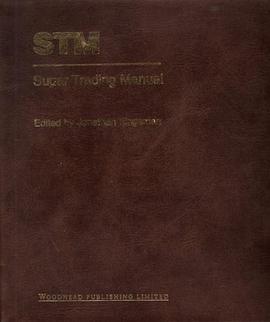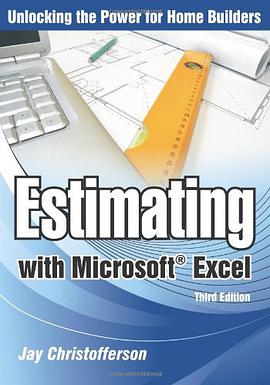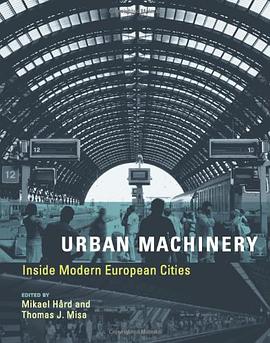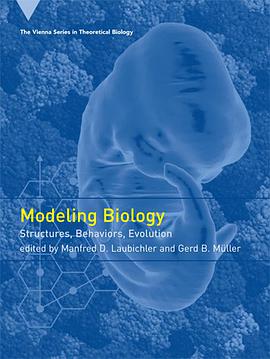

具体描述
With a perfect balance of playfulness, humor, and apology, Philip Brady calls himself a bard. But he explains that, before the title became shrouded in mystery, bards were simply teachers, unknown and poor, who gave literal voice to poems through recitations. Woven throughout these twenty essays is Brady's resistance to the academic expectations and settings of poetic instruction, enabling him to elicit the most authentic and surprising responses from a range of voices. He is motivated by the possibility of poetry expressed in the grittiest of places and takes readers from the rust belts of Ohio, to the far-flung pubs of Ireland, to Zairian classrooms with few books and fidgety lightbulbs. Most of all, he believes that, while bad poetry is a fact of life, good poetry should be studied and learned by heart. These essays are meditations grounded in the author's life as a poet, teacher, publisher, musician, traveler, and organizer. In one, readers encounter non-traditional students who attend class after work and whose lives are already shaped by burden. Brady recognizes the tension between reading poetry as an academic exercise and reading it for its power to endow all people with a broader sense of the self that is informed by both the dead and the living. He celebrates the challenges that his students bring to the classroom by forging headlong into discussions that other instructors would cringe at--as when a student declares that he doesn't like reading old poetry but instead likes greeting-card poems. Brady masterfully turns this potentially deflating moment into one that is both validating and deeply inspiring--for student and reader.
作者简介
目录信息
读后感
评分
评分
评分
评分
用户评价
相关图书
本站所有内容均为互联网搜索引擎提供的公开搜索信息,本站不存储任何数据与内容,任何内容与数据均与本站无关,如有需要请联系相关搜索引擎包括但不限于百度,google,bing,sogou 等
© 2026 book.wenda123.org All Rights Reserved. 图书目录大全 版权所有




















